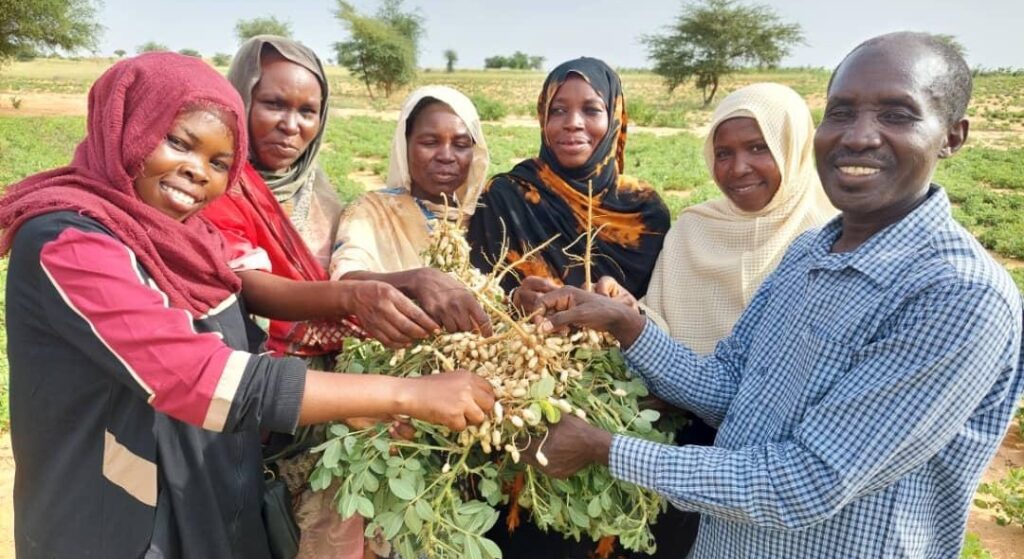A six- year European Union-funded project is helping to sustain livelihoods in the war-ravaged North Darfur, Sudan.
Implemented by UNEP and Practical Action, the Wadi El Ku initiative adopts a sustainable drylands management approach, aiming to enhance food security and community resilience and expects to benefit 120,000 households.
In North Darfur, now severely impacted by the conflict in Sudan, at least 700,000 people depend on Wadi El Ku, one of the largest seasonal water bodies, to sustain their livelihoods.
Environmental degradation caused by frequent droughts, floods, and unsustainable land use over the past years, have worsened inter-communal conflicts between farmers and pastoralists over the access and use of land and water resources.
“A dam working properly is a life-changing milestone,” explains Suhida Ibrahim Ali, a member of one of the women’s committees of the initiative.
“Not having a dam for many years profoundly changed the village. Young people, mostly men, left because when water is scarce, so are the opportunities to work.”
In the past weeks alone, the conflict has severely affected many villages in North Darfur.
“Thousands of people have left their homes. The situation is very dangerous, and the community is suffering from acute famine and lack of clean drinking water,” says Awadallah Hamid, a Project Manager at Practical Action.
Hamid explained that he decided to stay in El Fasher, a territory that most NGOs have left, to continue supporting the community by making “good use of my relations with tribal leaders, administrations and institutions”.
The project has continued to adapt by fostering dialogue and cooperation among diverse communities, which secured buy-in and ensured its sustainability. It stands out not only for enhancing water security, but also for its role in engaging communities and establishing an innovative governance structure to manage land and water resources fairly. It promotes collective work among farmers, pastoralists, local authorities and the project’s staff.
Three coordination committees form the backbone of the project: an advisory body responsible for endorsement and planning, a technical body providing knowledge and expertise, and a catchment management committee composed of farmers, pastoralists, community leaders and local authorities.
The project also addresses education on environmental protection, resilience of livelihoods, return of displaced communities, and women’s empowerment through training and inclusion in agricultural practices and beyond. Several mechanisms were established to diversify and boost livelihoods. For instance, loans from the village saving groups have helped community members to set-up and maintain small-scale enterprises, such as restaurants.
The current Sudanese conflict erupted on April 15, 2023 and has worsened with time. It pits the Sudanese Armed Forces (SAF) against the paramilitary Rapid Support Forces (RSF).




